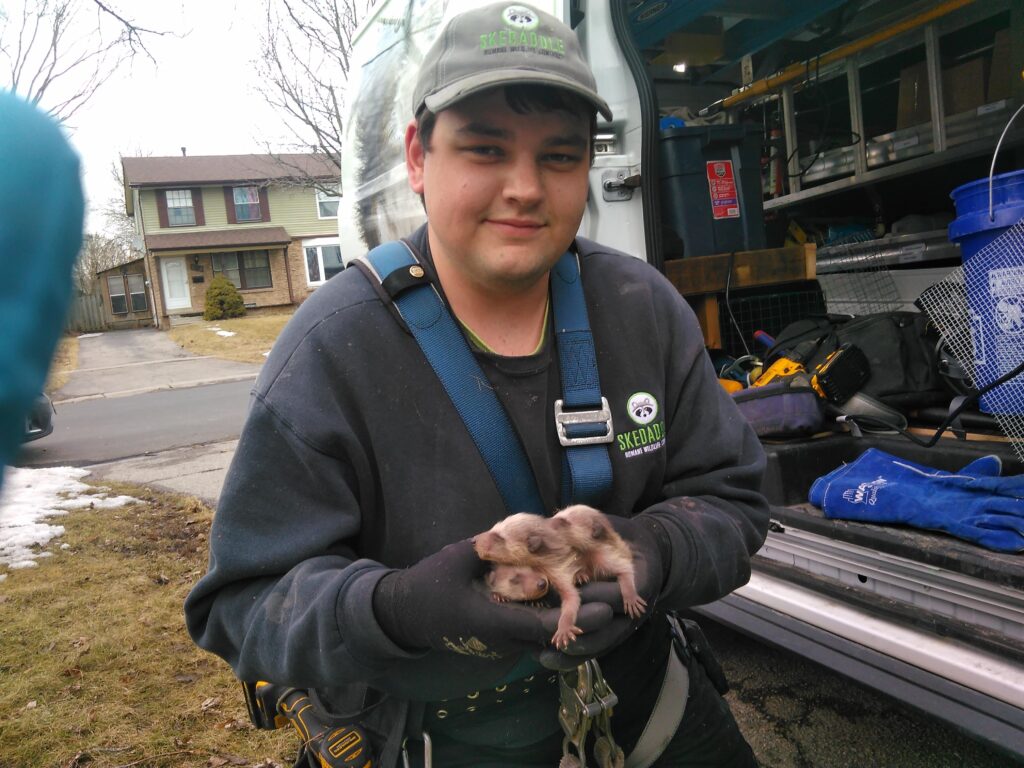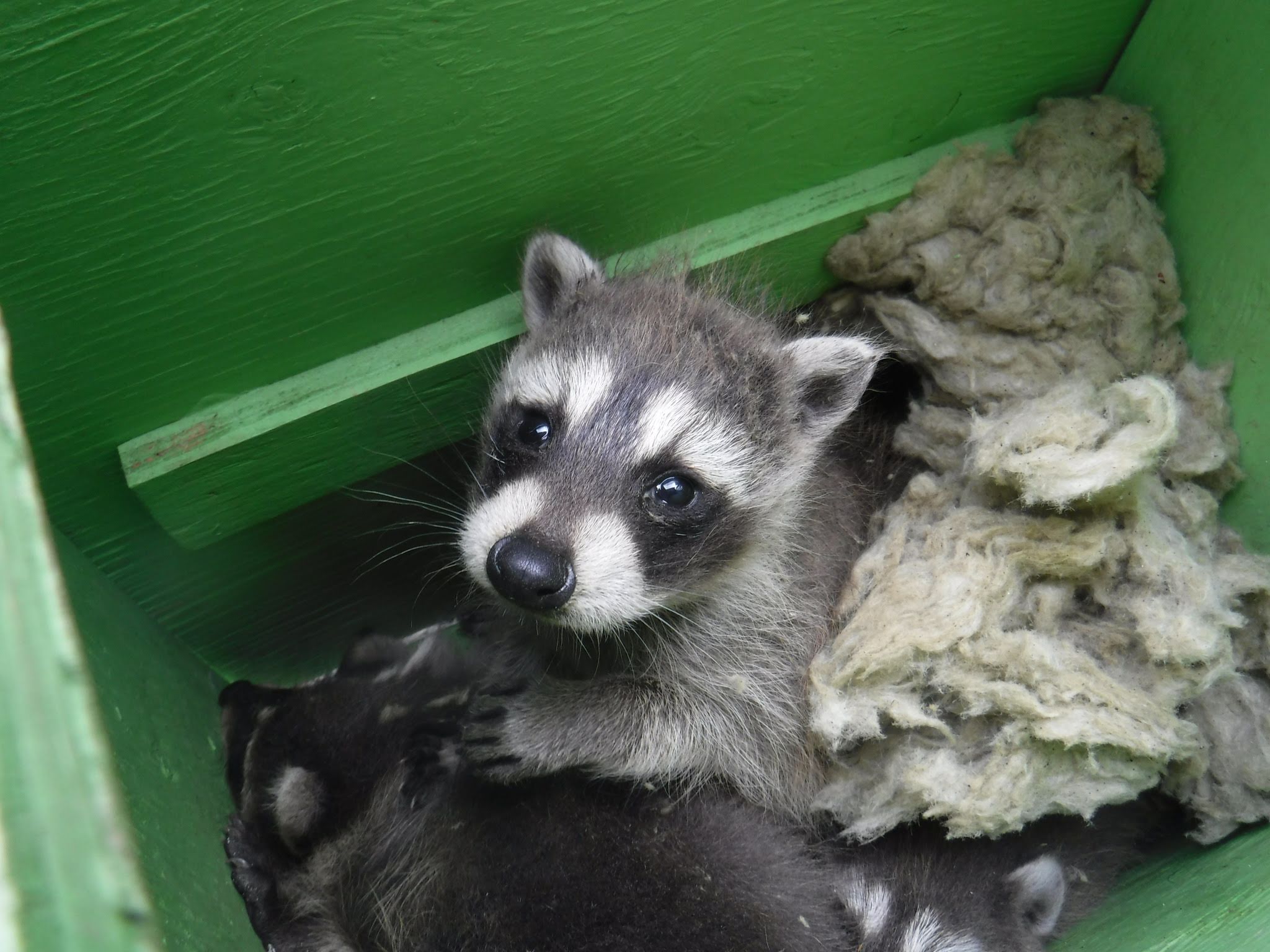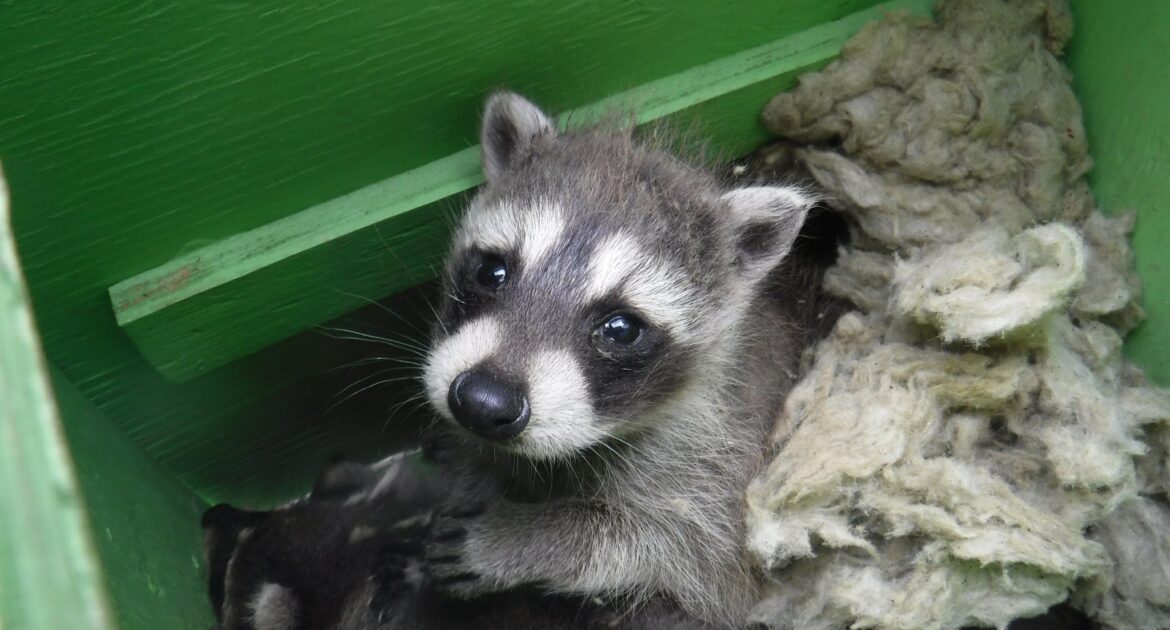You’ve heard of what the fox says, but what about the raccoon? The raccoon can make over 200 distinct sounds, but if you ask someone what a raccoon sounds like, they are likely to answer by scratching their heads with no honest answer. The reason behind this concussion is that raccoons make similar sounds to other nocturnal wildlife.
Raccoons do not often make direct contact with humans, and if they do, they will run in the other direction provided they are not ill. Because it is dark when most people encounter raccoons nearby or in the distance, they may not identify them as the source of the sounds. Find out what to expect from raccoon sounds in Whitby, and how you can avoid having raccoons on your property.
Common Nocturnal Wildlife
They say that the nighttime is the right time, but it can also be a wild place filled with concerning noises. No matter where you live, there will likely be a selection of animals around to make startling noises from the darkness to unsettle you and turn you on your heels. Common urban wildlife that has nocturnal tendencies:
- Opossums
- Bats
- Some rodents
- Some birds
- Owls
- Rabbits
- Foxes
Common Sounds of the Night
Raccoons are definitely a part of nature’s nocturnal madness. Still, because so many other animals make similar noises, it can be hard to figure out which are coming from raccoons and other typical urban nocturnal wildlife. Shared noises include:
- Growling
- Hissing
- Chirping
- Whistling
- Screaming
- Barking
- Yelping
- Whining
Common Raccoon Sounds and Meanings
Since raccoons can name upwards of 200 different sounds, it wouldn’t be prudent for the purposes of general identification to attempt to differentiate between the pitches of howls. However, the identification of familiar sounds may help you determine whether or not you are staring down a raccoon with rabies or if you are between a mother raccoon and her babies.
- Illness: Growling, hissing, yowling, and screeching noises
- Babies: Chirping, squeaking, purring, and cooing noises
- Anger: Barking, hissing, and growling noises
- Communicating: Screeching, chittering, whistling, and chirping
- Mating: Screaming, yelping, whining, screeching, and squealing
Common Sounds When a Raccoon Is in Your Home
More often than not, you will not encounter a raccoon in the living room of your home. Raccoons make their way in through loose roofing or panelling and head for the attic to begin nesting. Raccoons, much like squirrels, love to use whatever materials are available to them to make their nests. Insulation from your walls, pieces of boxes from stored goods in the attics, chewed wires, or old wallpaper is all fair game for raccoon nesting.
Raccoons love an attic because it is one of the least frequented areas of the home, mainly if it is a crawl space attic and it takes some effort for the homeowner to get inside. If a raccoon is living in your attic, you can expect to hear the following noises:
- Thumping
- Dragging
- Scuttling
- Purring
- Whistling
- Scratching
- Screeching
- Chirping

How To Get Rid of Raccoons Whitby
You can help prevent raccoons on your property by taking some preventative measures. Be sure to secure any trash and install wildlife-proof lids or weigh them down. You may also want to secure bins in a sealed garage. Remember to pick up any pet food bowls each night before dark and sweep up any food remnants. Raccoons are always on the hunt for a warm place to live in and a complimentary snack.
Call a professional service if you hear any of the noises of a raccoon living in your attic, rather than even open the hatch to check yourself. You can never be too sure what state a raccoon is in at any given time. Further, you may lift the hatch of the attic and disturb the nest, angering the mother raccoon and creating a chaotic scene.
For best results, contact Skedaddle Humane Wildlife Control for professional raccoon removal.




